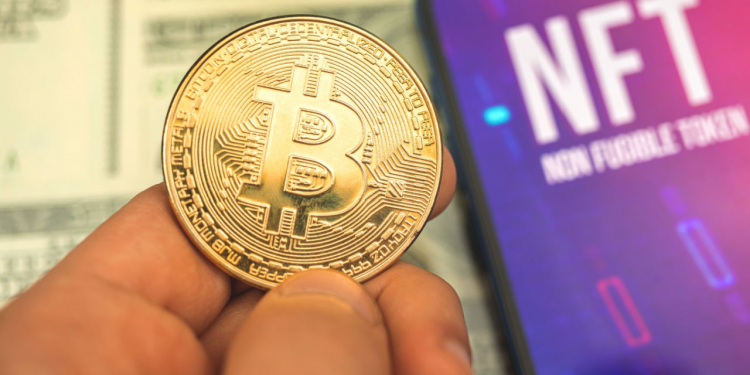The number of newly created Bitcoin’s popular NFTs, Ordinals, has been spiking in recent weeks causing a surge in transaction fees and average block size on the Bitcoin blockchain.
Since the launch of Ordinals in Jan. 2023, over 150,000 Ordinals have been inscribed, according to data from Dune.
Ordinals improve Bitcoin’s security
Independent developer Udi Wertheimer said the NFTs would improve the network’s security and encourage developers to build on it.
By driving up transaction fees, Ordinals will incentivize miners to secure the network while the profit from mining will decrease with each Bitcoin halving.
“Because the block space is scarce and because there’s demand for stuff like inscriptions, there’s a lot of hope that we will get enough people who want to pay fees to keep the Bitcoin network secure,” said Westheimer in an interview with Cointelegraph.
The ordinals protocol enables users to transfer and receive satoshis, the smallest unit of bitcoin, in the form of unique inscribed data such as images and videos.
Ordinals by Type as of Feb. 21. Source: Dune
Unlike Ethereum and Solana NFTs which use smart contracts, Ordinals are increased directly onto individual Satoshis. The process occurs entirely on the Bitcoin network and does not need a sidechain or additional token.
The Bitcoin NFTs controversy
Several projects have been trying to bring NFTs to Bitcoin, the first and biggest cryptocurrency. Though NFTs have been in the Bitcoin system since 2014, some enthusiasts still don’t see the point. Some Bitcoin core developers believe that creating NFTs is not an appropriate use case for Bitcoin.
However, Werthheimer dismissed the notion stating that for years, Bitcoin core developers “have ignored what actual Bitcoin users want.” He added that Ordinals provide a new use case to make building on Bitcoin commercially profitable.
Casey Rodarmor, the creator of Ordinals, says the controversies surrounding Bitcoin NFTs help his cause.
“I actually love the haters. I mean, they do more to drive people to find out about the project than anybody else. I don’t know why they think when they have these massive audiences and they go, ‘This is an attack on Bitcoin’ – it seems like you don’t want to do that if you don’t want people to use the thing.”
Rodarmor, former Bitcoin core contributor
Ordinals is still in its early stages and lack many key features that will sustain long-term growth. These include how to inscribe ordinals without having to link the entire Bitcoin blockchain, marketplaces, and wallets that allow creators to see their Ordinals.










